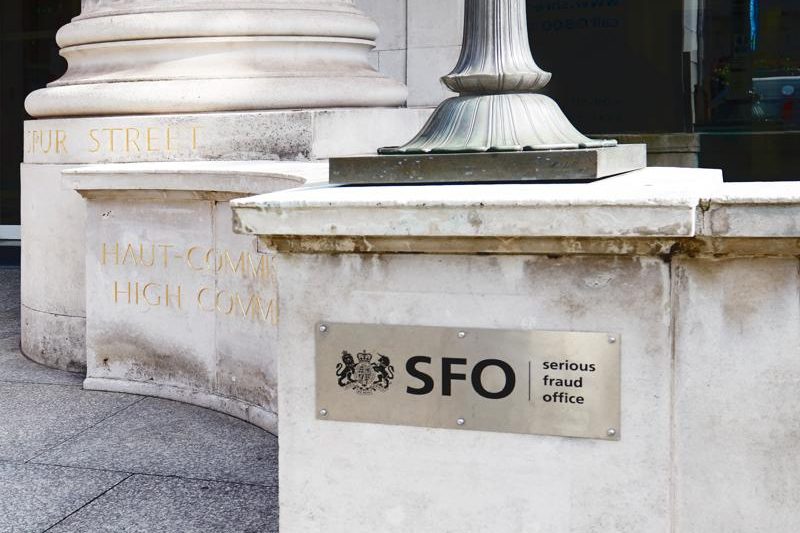Over more than three decades as a detective investigating complex financial crime, and now working in the private sector for a law firm specializing in the investigation of international fraud and asset recovery, I have witnessed firsthand the growing role that whistleblowers play in unveiling corporate malfeasance.
Yet in the
Register for free to keep reading
To continue reading this article and unlock full access to GRIP, register now. You’ll enjoy free access to all content until our subscription service launches in early 2026.
- Unlimited access to industry insights
- Stay on top of key rules and regulatory changes with our Rules Navigator
- Ad-free experience with no distractions
- Regular podcasts from trusted external experts
- Fresh compliance and regulatory content every day













